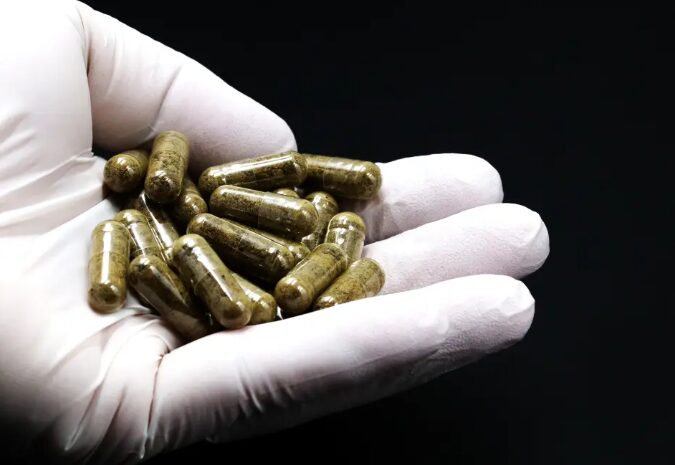Scientists in the UK are conducting clinical trials to determine whether “poop pills” — capsules containing freeze-dried fecal matter from healthy donors — can help eliminate antibiotic-resistant bacteria in the human gut.
The experimental treatment, also known as fecal microbiota transplantation (FMT), has shown early promise in addressing a range of health issues, from severe infections to chronic conditions like liver disease. Some researchers suggest the therapy could one day even support fitness performance and counteract aging-related decline.
In a recent study at Guy’s and St Thomas’ hospitals in London, 41 patients who had recently recovered from drug-resistant infections were divided into two groups. One group received three doses of poop pills over a three-day period, while the other was given a placebo.
After one month, patients who took the actual treatment showed signs of gut colonization by healthy donor bacteria — an indication that the poop pills may have successfully removed harmful microbes.
Lead researcher Dr. Blair Merrick described the findings as “very exciting,” noting a growing recognition of the microbiome’s role in maintaining health. “There’s a real shift from 20 years ago when all bacteria were seen as harmful,” Merrick told the BBC.
According to estimates, antibiotic-resistant “superbugs” could cause up to 39 million deaths globally by 2050. If poop pills continue to show positive results in further studies, they may offer a critical tool in replacing or reducing the use of traditional antibiotics.
Microbiome scientist Dr. Chrysi Sergaki emphasized the long-term potential of this approach. “We could potentially, in the future, replace antibiotics with microbiome therapies,” she said. “That’s the big picture.”
Want more weird news? We’ve got it!

